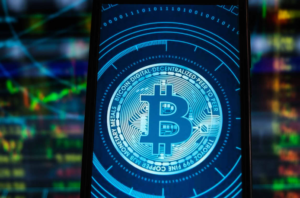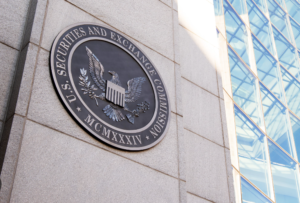$AAPL $GOOGL $BTC
#Inflation #UKEconomy #VR #ONS #InterestRates #BoE #PulledPork #FoodPrices #TechTrends #ConsumerSpending #FinancialMarkets #Crypto
The UK economy continues to evolve, and with it, the way inflation is measured is adapting to reflect changing consumer habits. The Office for National Statistics (ONS) recently announced updates to the basket of goods and services used to track inflation, incorporating items that have gained popularity while removing those that have become less relevant. This year, virtual reality (VR) headsets and pulled pork have been introduced to the index, signaling notable shifts in consumer interests. The addition of VR headsets highlights the increasing role of technology in daily life, driven by both entertainment and productivity applications. Companies like Apple ($AAPL) and Google ($GOOGL), which are heavily investing in augmented and virtual reality, could benefit from this ongoing trend. Meanwhile, pulled pork reflects changing food preferences, particularly as dining habits evolve due to both cultural influences and economic conditions.
Inflation remains a major concern for the UK, especially as the Bank of England (BoE) continues its efforts to bring price growth under control. The ONS updates its inflation basket annually to ensure the index accurately represents real-world spending patterns. The inclusion of VR headsets suggests a rise in consumer electronics spending, which could have implications for the broader economy. Higher demand for tech products can drive up both production and prices, influencing inflation metrics. For instance, as companies push for more advanced headsets with enhanced capabilities, the cost of components such as semiconductors—already subject to supply chain volatility—could rise. Additionally, increased consumer interest in immersive digital experiences underscores the growing importance of the metaverse, a trend that has drawn significant investment from major tech firms and could shape future economic activity.
On the food pricing front, the inclusion of pulled pork reflects consumer trends leaning towards prepared or niche food products that align with evolving culinary preferences. Rising food inflation has been a key concern in the UK, with grocery prices remaining elevated amid supply challenges and changing agricultural costs. If the demand for specific food items like pulled pork continues to grow, it could further complicate the inflation picture. Additionally, food prices remain vulnerable to external factors such as weather conditions, global trade policies, and input costs like feed and transportation. Consumers facing higher overall living costs may shift towards more affordable alternatives in the coming months, impacting spending patterns across different market segments.
From an investor standpoint, these changes highlight key sectors that could experience notable shifts. Companies involved in VR technology, consumer electronics, and food production may see changes in demand dynamics as inflation continues to shape spending behavior. Furthermore, the impact on interest rates remains a crucial factor—if inflation persists at elevated levels, the BoE could face pressure to maintain higher interest rates for an extended period. This, in turn, could affect market sentiment, borrowing costs, and overall economic growth projections. Cryptocurrency markets, including Bitcoin ($BTC), also tend to react to inflation trends, with some investors viewing digital assets as hedges against currency devaluation. As UK inflation metrics continue to evolve, market participants will closely monitor these developments and their broader financial implications.











Comments are closed.